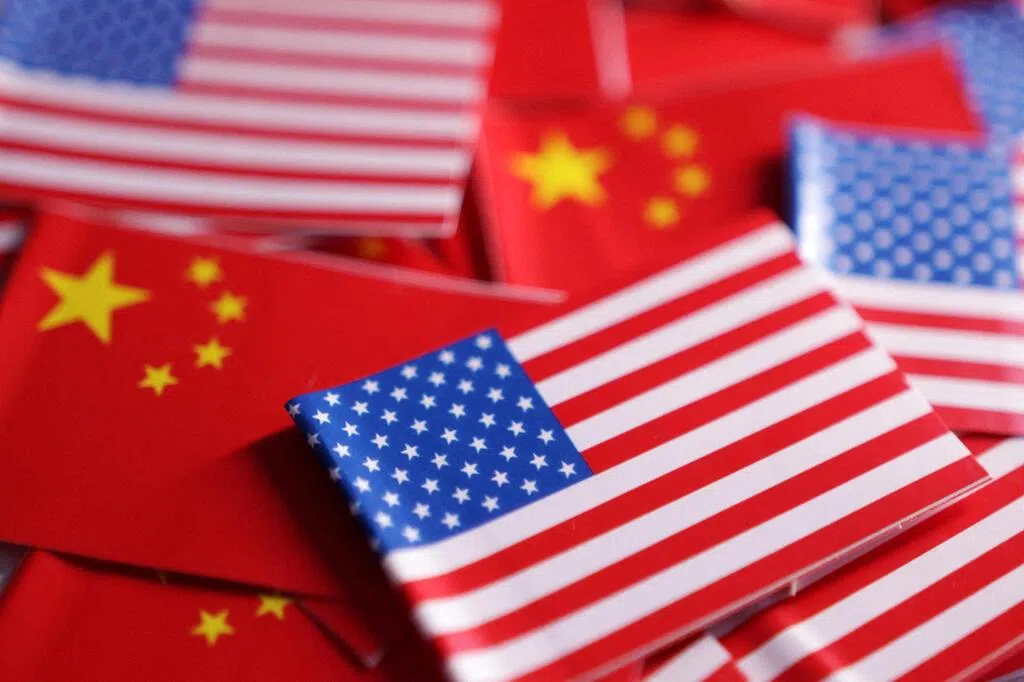(Berlin) German Chancellor Merz announced that, citing national security concerns, Chinese suppliers such as Huawei will be excluded from the construction of Germany's future telecommunications networks. This move is part of Germany's accelerated "de-risking" policy to reduce reliance on foreign technology.
Merz stated at a business conference in Berlin on Thursday (November 13) that the government has decided to replace existing components with domestically produced ones in all possible areas, such as 5G networks. He emphasized, "We will absolutely not allow the use of any components from China in 6G networks."
Last year, Germany, citing national security risks, demanded that telecommunications operators remove Huawei equipment from their core networks. Bloomberg reported last month that Berlin is currently considering using public funds to subsidize companies like Deutsche Telekom to dismantle Chinese-made equipment.
Merz revealed that he will discuss reducing reliance on large technology companies from the US and China at the Digital Sovereignty Summit with French President Macron next week. However, he ruled out a complete decoupling from China, acknowledging that as Germany's second-largest trading partner, "we cannot (completely decouple)."
The German parliament also appointed an expert committee on Thursday to review its trade policy with China. China's previous restrictions on rare earth exports exposed the vulnerability of German industry, suggesting it could quickly fall into crisis.
Further Reading


This expert committee will review energy and raw material imports, as well as China's investments in key infrastructure sectors. German Finance Minister Klingerberg will also visit China next week to clarify the EU's position to Beijing on a range of issues.
"China can and will shut off supply valves in key areas; we are still too vulnerable, so the pressure to act now is much greater," said Mattes, head of international economic policy at the German Institute for Economic Research.
As a major exporter of European manufactured goods, Germany has benefited for years from exporting to China, a large and growing market.
In its China strategy adopted in 2023, the previous government urged the "de-risking" of the economic relationship between the two countries, describing Beijing as a "partner, competitor, and systemic adversary." However, research by the German Institute for Economic Research shows that Germany's reliance on potentially key Chinese imports in 2024 will be almost unchanged from 2023.
Based on an analysis of over 14,300 product categories, Germany currently only has about 200 product categories where at least 50% of its import demand depends on China. This shows that although Germany's import dependence is concentrated in a few product sectors, these sectors can still have a significant economic impact on the country.



